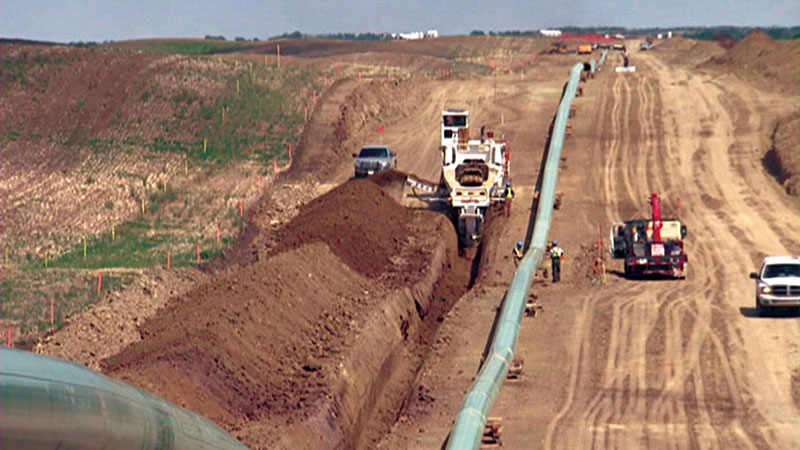Central Oregon residents are rallying against TC Energy’s proposed natural gas pipeline expansion, citing environmental and safety concerns. The company, however, has stated that construction is already underway.
Opponents argue that the expansion poses significant risks to the region’s natural habitats and could lead to increased greenhouse gas emissions. Environmental groups and local activists have been vocal, organizing protests and raising awareness through social media campaigns.
The project aims to increase the capacity of the existing pipeline, which runs through several ecologically sensitive areas in Central Oregon. Critics contend that the construction will disrupt local wildlife and could potentially harm water sources. More details on environmental impacts can be found in a comprehensive guide about pipeline impacts.
TC Energy has countered these claims, stating that the expansion is necessary to meet growing energy demands. The company assures that all safety and environmental regulations are being strictly followed. More information on the company’s stance is available on their official operations page.
This controversy has attracted attention from local media and environmental organizations, further intensifying the debate. The expansion project continues to progress amidst ongoing opposition.
Original Story at news.google.com
